Speaker Bios
Learn more about the speakers for the RAAC Training Institute.
Keynote Speakers

The Well is a Cincinnati-based national non-profit providing programs, practices, and connection at the intersection of arts and wellness for schools, workplaces, and communities. Their mission is to improve the mental and emotional well-being, connectedness, and effectiveness of all persons through arts integration, mindfulness, music, movement, and healing-centered practices. Since 2005, The Well has been nationally recognized for its innovative programs including True Body Project, Mindful Music Moments, and Mindful Poetry Moments, and continues to deepen roots in Cincinnati with a newly opened arts and wellness space in Walnut Hills (2454 Gilbert Ave) to host unique collaborations and events. Joining us today is Founder & Executive Director Stacy Sims, and Program Director Bryce Kessler. www.TheWell.World.
Educator Track Speakers

This presentation bridges the gap between research and classroom practice to strengthen literacy outcomes for students with autism and intellectual and developmental disabilities (IDD). Participants will explore the latest research on effective literacy practices, discover practical strategies to support reading development, and learn how to adapt evidence-based approaches to meet the diverse needs of learners.
Learning outcomes include:
Understand the research behind literacy practices for students with autism and IDD.
Identify practical strategies that translate research into classroom instruction strengthening reading and literacy skills
Develop the ability to adapt and implement evidence-based practices to meet diverse learning needs.
1 DODD approved CPDU for County Board Member, Service and Support Administration, and Superintendent
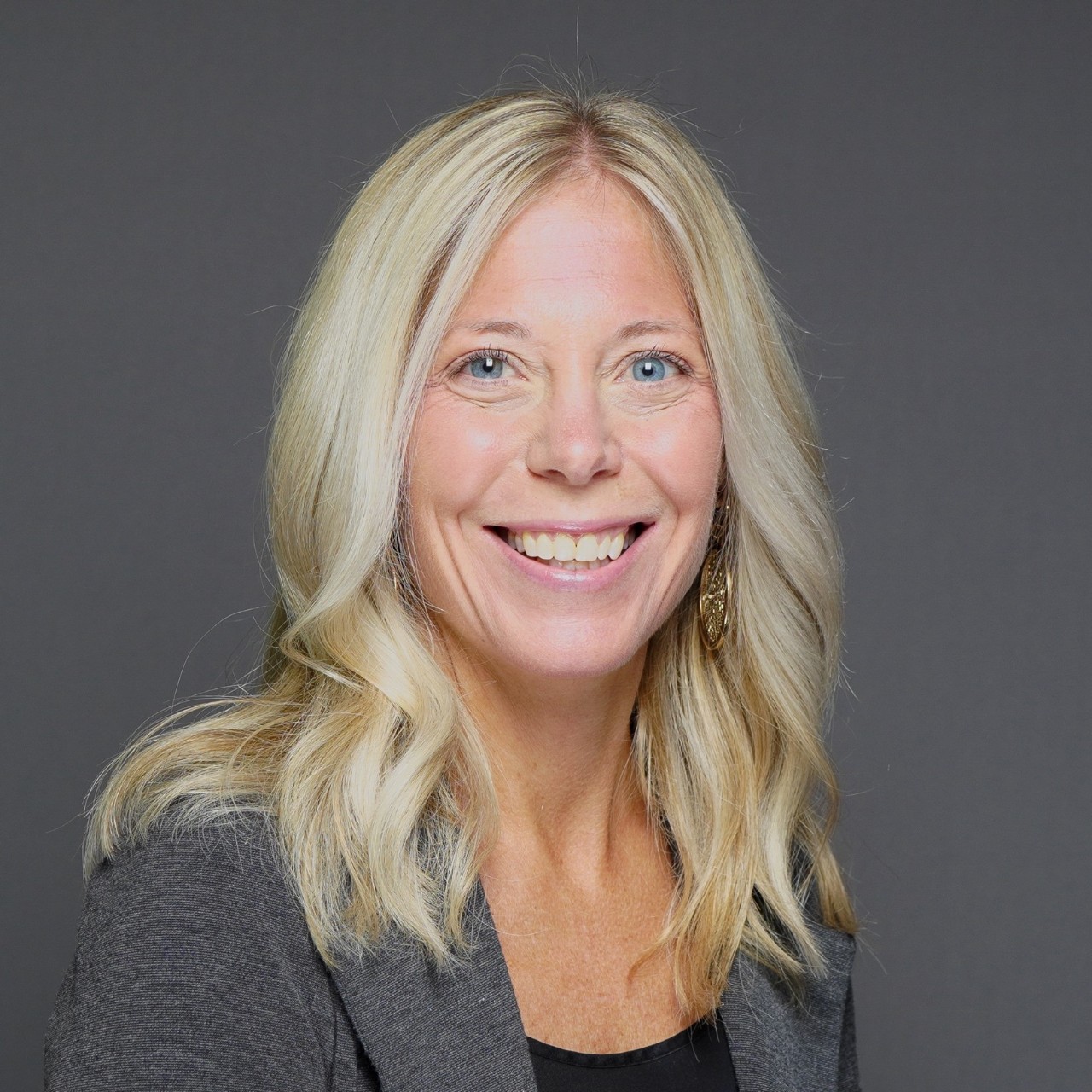
Dr. Christina R. Carnahan is a Professor of Special Education in the School of Education, Criminal Justice, and Human Services at the University of Cincinnati. Christi has served as the director of the IDD Education Center for nearly ten years. She has extensive expertise in supporting individuals with intellectual and developmental disabilities in inclusive settings, including developing programs focused on employment supports for adolescents and young adults with IDD. Christi’s research interests include literacy and communication interventions for individuals with autism spectrum disorders and other complex communication and behavioral support needs and creating efficient and effective instructional practices across the lifespan. She has a strong history of mentoring students at the undergraduate and graduate levels. Christi has published in journals such as Exceptional Children, Journal of Special Education, and Focus on Autism and Developmental Disabilities. She is the co-author of two books including Quality Literacy Instruction for Learners with Autism Spectrum Disorder and Facilitating Evidence Based Practice for Students with ASD: A Classroom Observation Tool for Building Quality Education. Christi and her husband have three children and enjoy traveling as a family.
The training session "Pushing the Boundaries of What is Possible after High School" explores inclusive postsecondary education (IPSE) programs designed for students with intellectual and developmental disabilities. Attendees will gain insight into the structure, benefits, and accessibility of these programs. The session will also provide practical strategies to help educators, families, and advocates prepare students for a successful transition from high school to inclusive higher education environments.
Learning Outcomes:
Understand the purpose, components, and outcomes of inclusive postsecondary education (IPSE) programs for students with intellectual and developmental disabilities.
Identify strategies and supports needed to prepare students for enrollment and success in IPSE programs.
Recognize the role of educators, families, and support systems in promoting inclusive opportunities after high school.
1 DODD approved CPDU for County Board Member, Service and Support Administration, and Superintendent
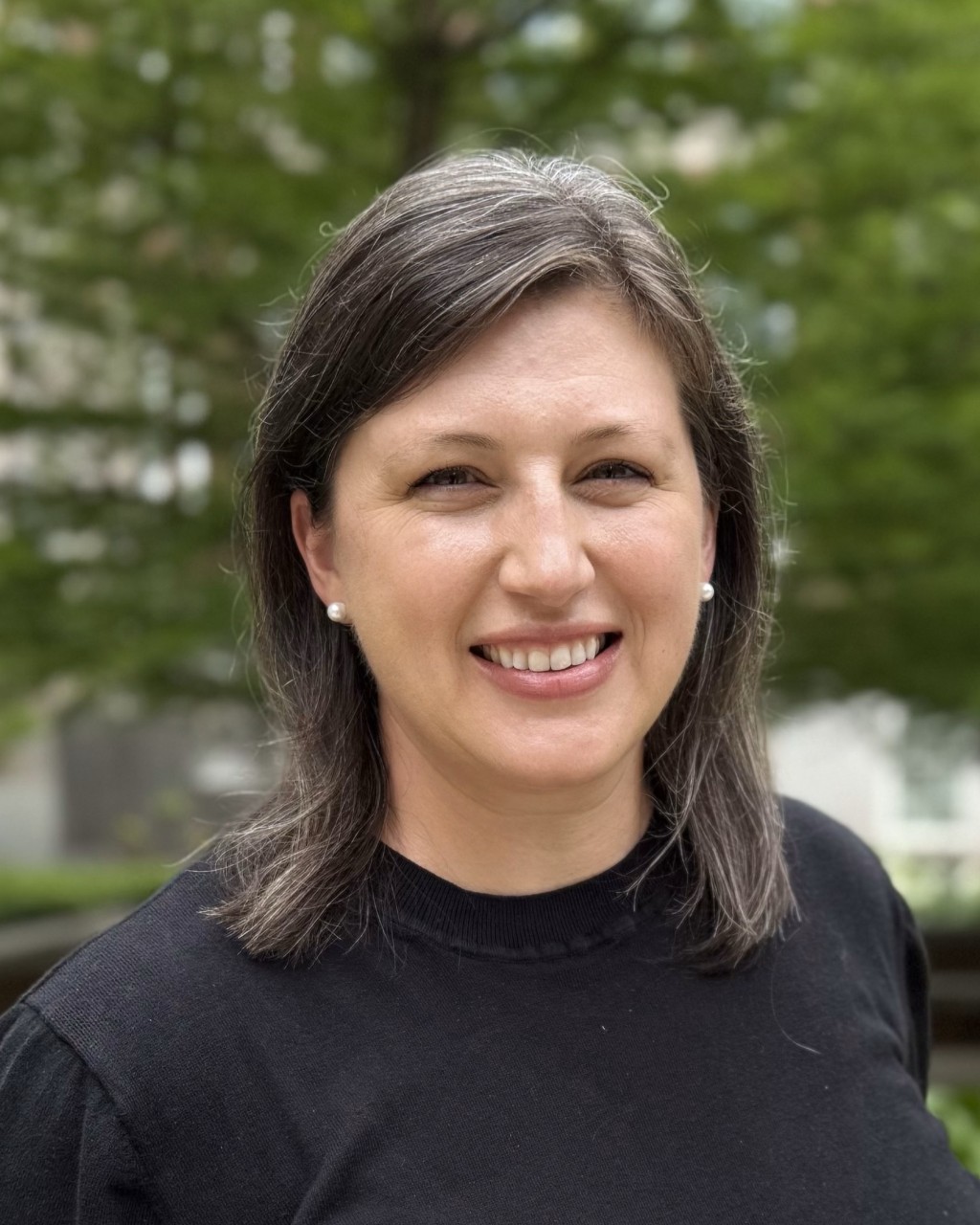
Lisa Claypool is the Academic Coordinator for the Transition and Access Pathways (TAP) program. Her responsibilities include advising students, student academic course participation, supporting faculty, facilitating academic support and the development of executive functioning skills, and recruitment and admissions. She joined TAP in 2021. Lisa earned her B.S. in Mild to Moderate Educational Needs from Ohio University and her M.Ed. in Literacy Education from The Citadel. Lisa is a licensed intervention specialist and previously taught in middle and high schools in Charleston, South Carolina and Cincinnati, Ohio.
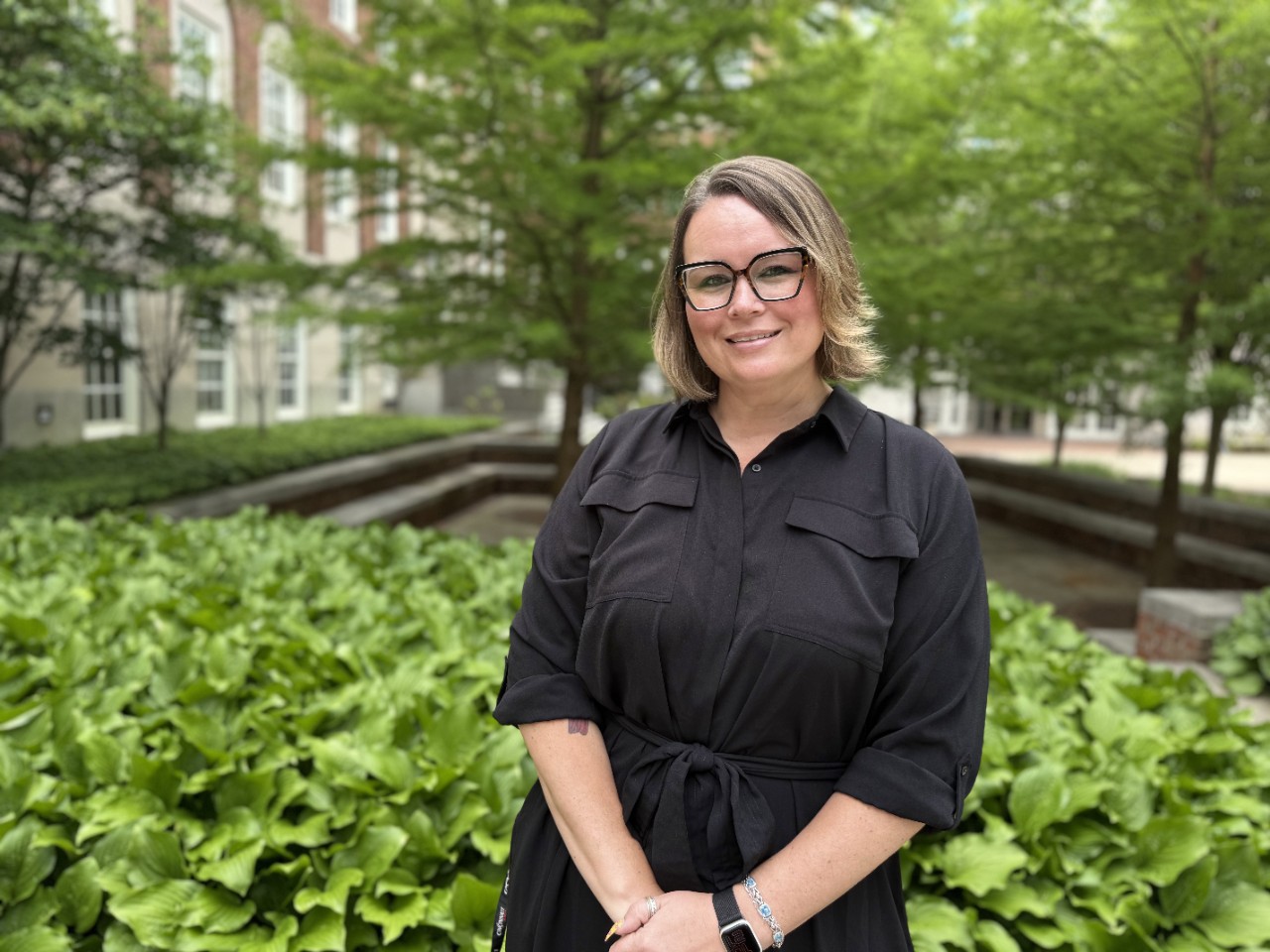
Katie Norland is the Director of the Transition and Access Pathways (TAP) program at the University of Cincinnati. She previously served as Director of Student Success Services at The College of the Florida Keys, where she led Project ACCESS and supported accessibility, career development, and student success. Katie serves as Secretary on the Board of the Inclusive Postsecondary Education (IPSE) Association and as Vice Chair of Communication for the Great Lakes Inclusive Postsecondary Education Alliance (GLIPSEA). She is also a Technical Assistance Consultant with the Think College National Coordinating Center and a Strategic Planning Facilitator for the Florida Center for Students with Unique Abilities. Katie is passionate about advocating for students with disabilities and expanding access to inclusive postsecondary education.
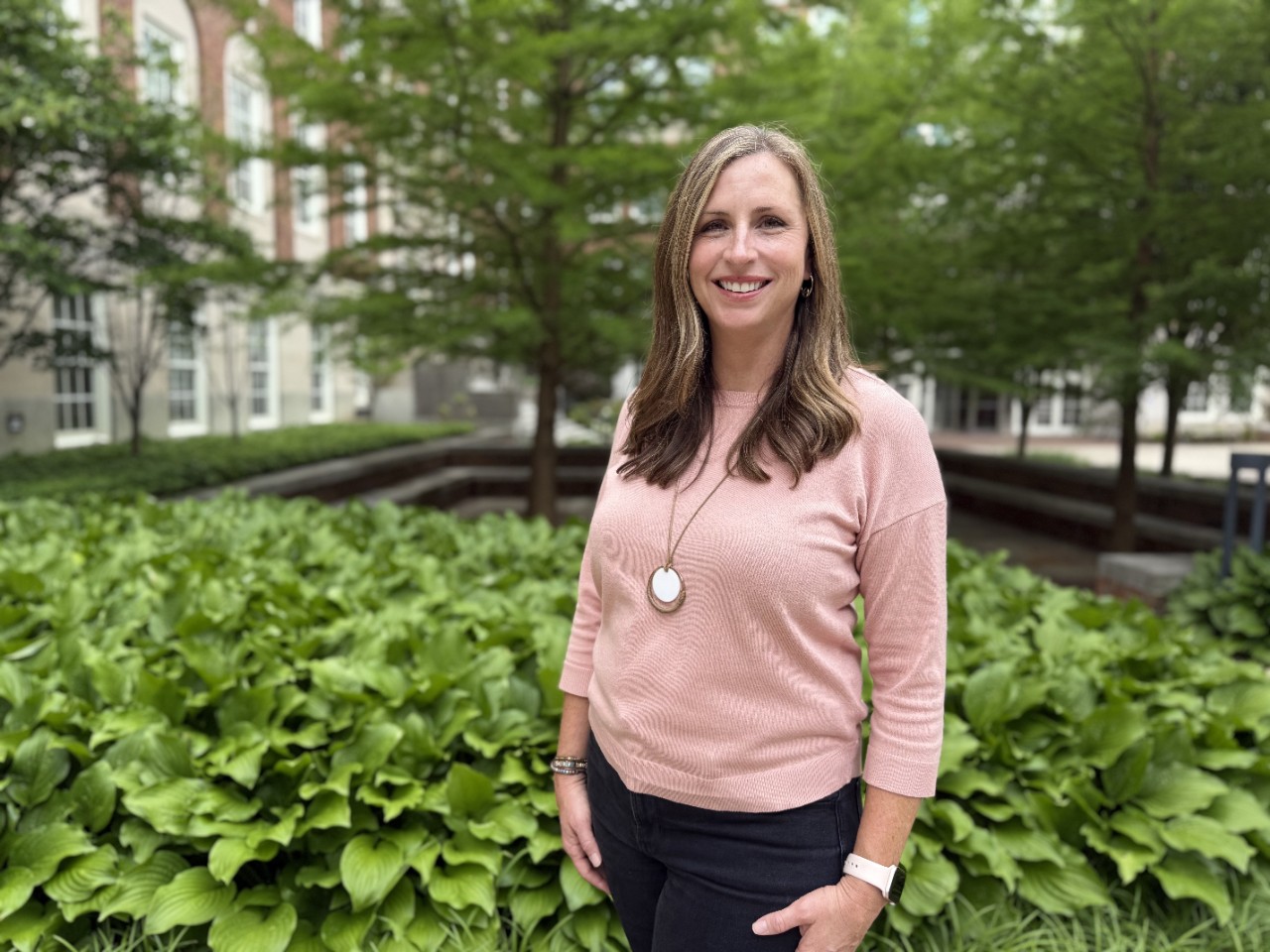
Kerri Wolfer, MSW, LISW, is the Campus Life Coordinator for the Transition and Access Pathways (TAP) program at the University of Cincinnati. A Licensed Independent Social Worker with 30 years of professional experience, Kerri holds a Master of Social Work from Michigan State University and a Bachelor of Arts in Psychology from Miami University. She leads the development, management, and research of TAP’s social and independent living instruction and initiatives. She also contributes to the program’s strategic planning and works across the university to promote accessible, inclusive college experiences for students with intellectual and developmental disabilities. Kerri recruits, trains, and supervises more than 30 student coaches annually, supporting their growth as future professionals. Driven by a strong commitment to inclusion, she works to create a sense of belonging for all students within the university community.
This presentation will explore key executive functioning (EF) skills—such as planning, prioritizing, and organizing—and how challenges in these areas can impact the academic performance of autistic children and adolescents both at home and in school settings. Dr. Amie Duncan will introduce the Achieving Independence and Mastery in School (AIMS) intervention, a structured program designed to enhance academic EF skills in autistic middle schoolers. Attendees will gain practical, evidence-based strategies to support EF development and learn how to create individualized plans that foster greater academic independence and success.
Learning outcomes include:
Defining executive functioning (EF) skills
Describing the EF profile in autistic children and adolescents
Understanding the link between EF and academic success
Reviewing the essential treatment components of an academic EF intervention for autistic middle schoolers
Developing a plan to target specific EFs to increase academic success at school using evidence-based strategies
1 DODD approved CPDU for County Board Member, Investigative Agent, Service and Support Administration, and Superintendent.
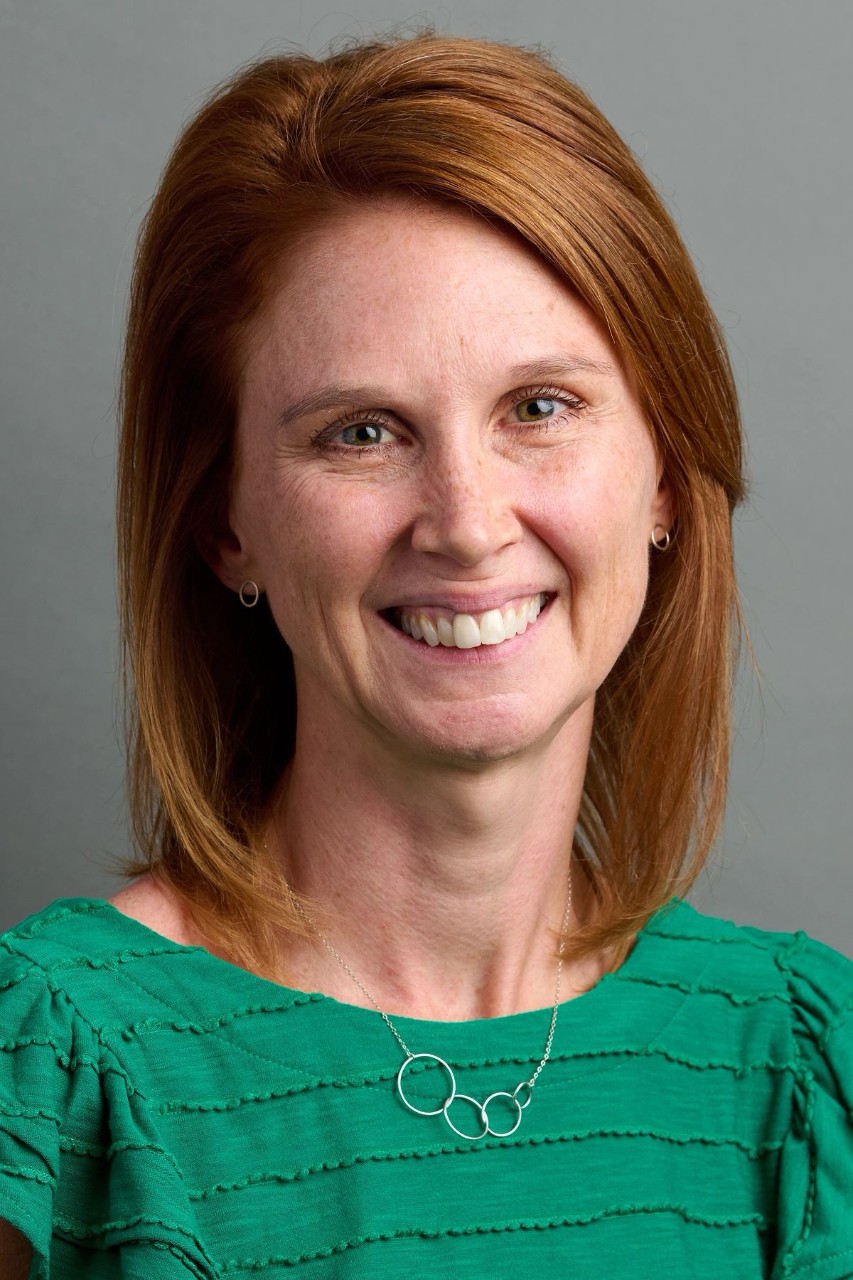
Dr. Amie Duncan is a clinical psychologist in the Division of Behavioral Medicine and Clinical Psychology at Cincinnati Children’s Hospital Medical Center and is a Professor of Pediatrics at the University of Cincinnati College of Medicine. She has been working with children, adolescents, and young adults with autism for over 20 years. Dr. Duncan specializes in helping autistic adolescents develop the necessary skills to make a successful transition to the adult world in the areas of employment, college, independent living and community participation. Her main area of research focuses on developing and evaluating an intervention that targets daily living skills such as hygiene, cooking, laundry, and money management skills in autistic adolescents. She also has developed an intervention targeting executive functioning skills such as organization, planning, and prioritizing for adolescents with autism in both the school and clinic settings. She currently has funding through NIH and has previously had funding through the Department of Defense, NICHD, and the Department of Education.
What does active engagement and meaningful communication look like for autistic preschoolers from a neurodiversity-affirming lens? What support strategies can early childhood educators use to promote these outcomes in the classroom? In this session, we will unpack what we mean by active engagement and meaningful communication while explaining why and how it is an important starting point for instruction. Based on our research, we will describe and offer recommendations for incorporating and embedding support strategies into language learning classroom routines.
Learning Outcomes:
Define meaningful communication from a neurodiversity-affirming lens
Describe the importance, function, and form of support strategies that optimally promote meaningful communication when embedded in naturally occurring classroom routines
1 DODD approved CPDU for County Board Member, EI Developmental Specialist/Supervisor, EI Service Coordinator/Supervisor, Investigative Agent, Service and Support Administration, and Superintendent
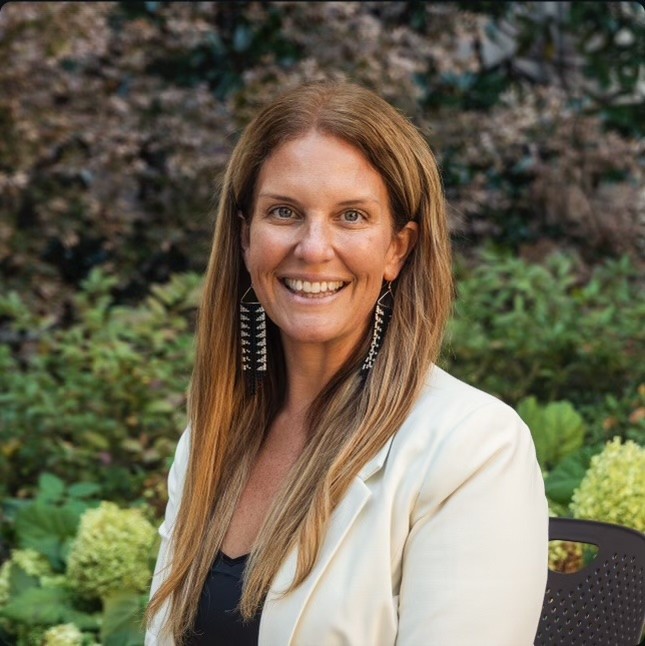
Kate Doyle is an associate professor in special education and the special education program coordinator at the University of Cincinnati. She has been in higher education for 10 years. Dr. Doyle is a Board-Certified Behavior Analyst (BCBA-D) and a licensed intervention specialist. Preceding to her roles in higher education, Dr. Doyle taught in the public-school system for 12 years and worked in the adult developmental disability system for 3 years. She has worked in center-based services, home-based services, and in the community with individuals with disabilities across the lifespan. Her research interests include teacher recruitment and retention, STEM instruction for students with disabilities, developing academic and social communication interventions for individuals with significant disabilities, as well as teacher and paraprofessional training.
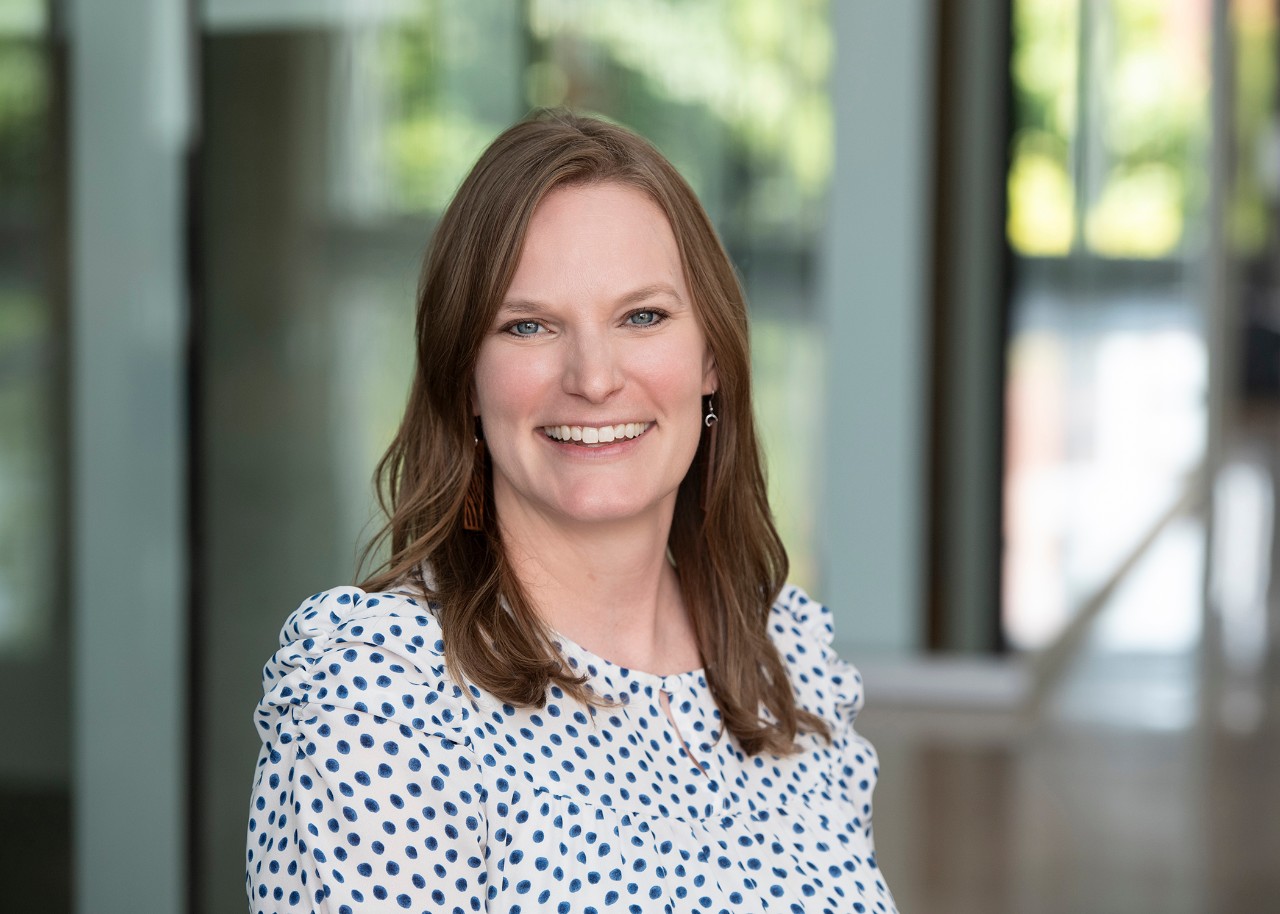
Andrea Ford is an assistant professor in the Department of Communication Sciences and Disorders at the University of Cincinnati. Her research interests include early language development and support of young children with disabilities in routine settings, focusing on autism. She seeks to partner with early childhood educational teams to increase the uptake and use of evidence-based, neurodiversity affirming support strategies.
Discover how Ohio’s Employment First Agency Navigation Tool can transform your transition planning process for youth with disabilities. This session will guide you through using the tool to identify and connect with critical agencies that support a youth's adult life goals. We’ll explore how the navigation tool complements backwards planning to create clear, actionable pathways for youth moving from school to independent living.
Learning outcomes include:
Using Ohio's Employment First Agency Navigation Tool to identify and connect with critical agencies that support youth’s adult life goals.
Understanding the process of backwards planning.
Creating actional pathways for youth moving from school to independent living.
1 DODD approved CPDU for County Board Member, Investigative Agent, Service and Support Administration, and Superintendent
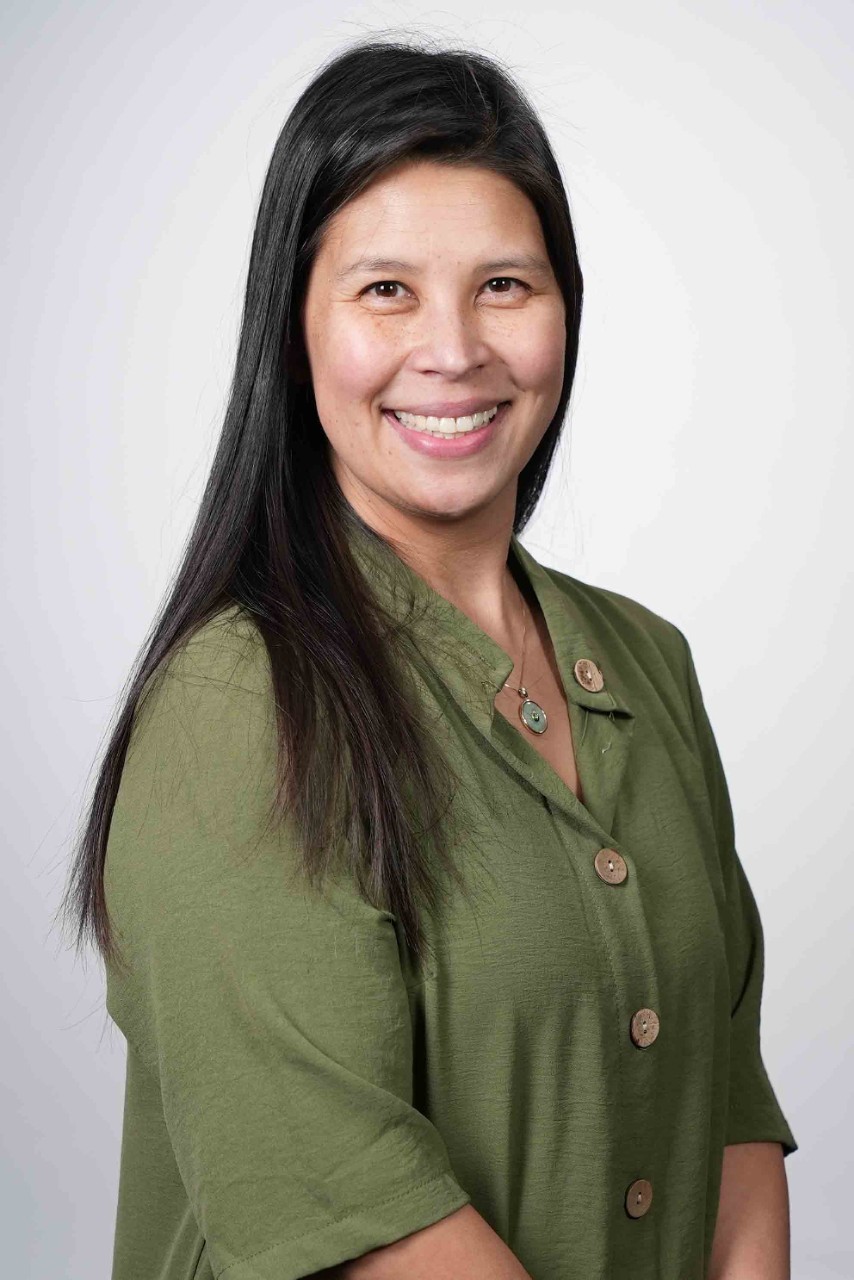
Alissa Otani-Cole works in OCALI's Lifespan Transitions Center as a transition to adulthood consultant. She has worked as an aide at her kids' elementary school and spent more than 16 years in vocational rehabilitation for Opportunities for Ohioans with Disabilities as a counselor and supervisor. She has supported the work around OCALI's Pre-Employment Transition Services curriculum development with Opportunities for Ohioans with Disabilities.
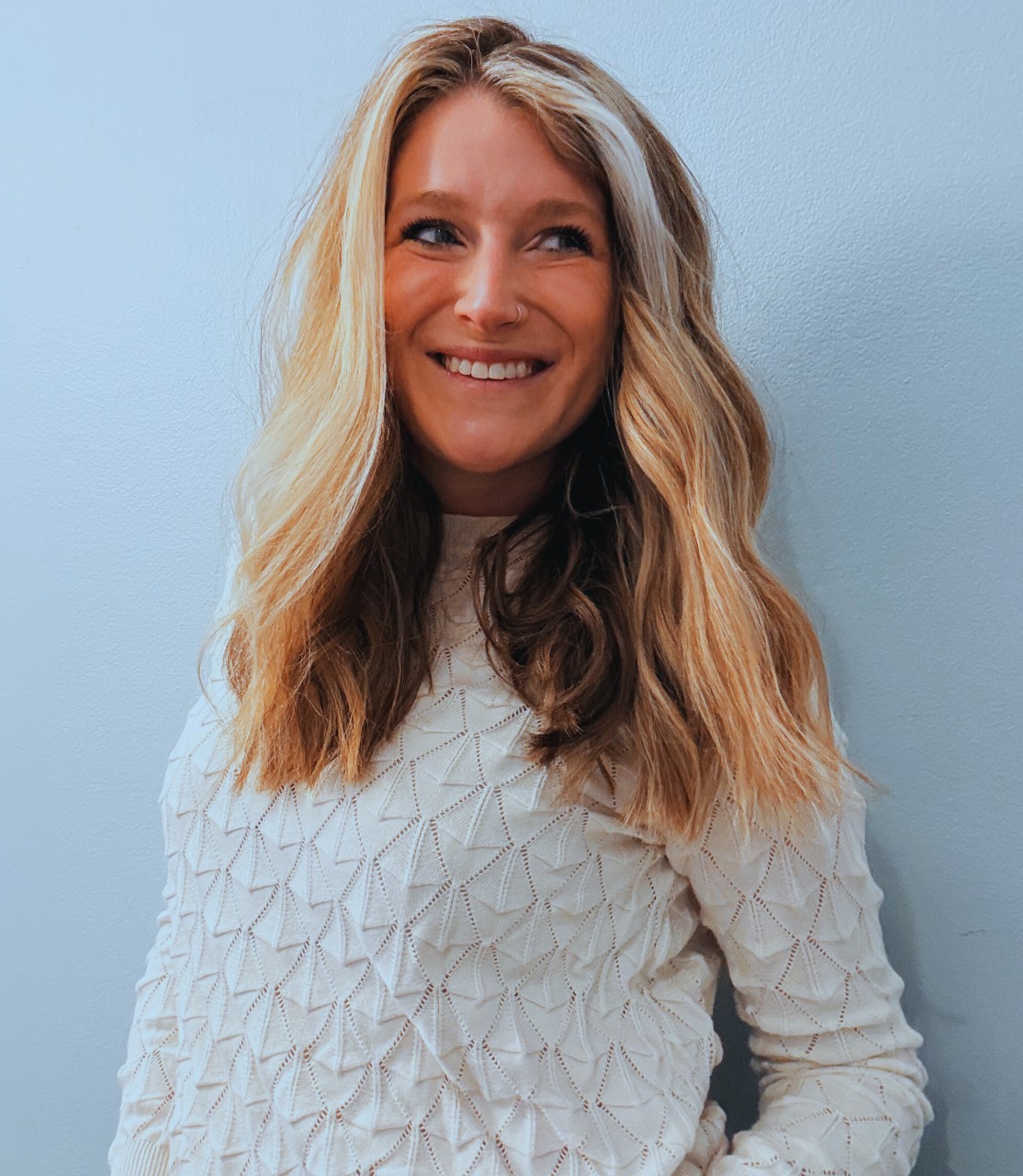
Elizabeth Wietmarschen, M.Ed, is a transition to adulthood consultant at the OCALI Lifespan Transitions Center. She has worked with youth and young adults with disabilities in various capacities from providing direct care to supervising and training professionals in the field. She has extensive experience in developing programs that help promote successful post school outcomes for youth with disabilities and has a deep working knowledge of developing transition plans by using age-appropriate transition assessments. Wietmarschen is a licensed intervention specialist with her transition to work endorsement and a Charting the LifeCourse Ambassador.
The training explores why explicit, repeated, and accessible consent instruction is essential for promoting body autonomy, preventing abuse, and fostering healthy relationships. Attendees will learn about/discuss:
‘Ring of safety’ components that supports the maintenance of safe and healthy relationships,
Options for teaching consent in non-sexual scenarios and hands-on experiences,
Adapting instruction to meet the needs of diverse learners,
Local and national resources supporting sexual health and healthy relationships
1 DODD approved CPDU for County Board Member, Investigative Agent, Service and Support Administration, and Superintendent
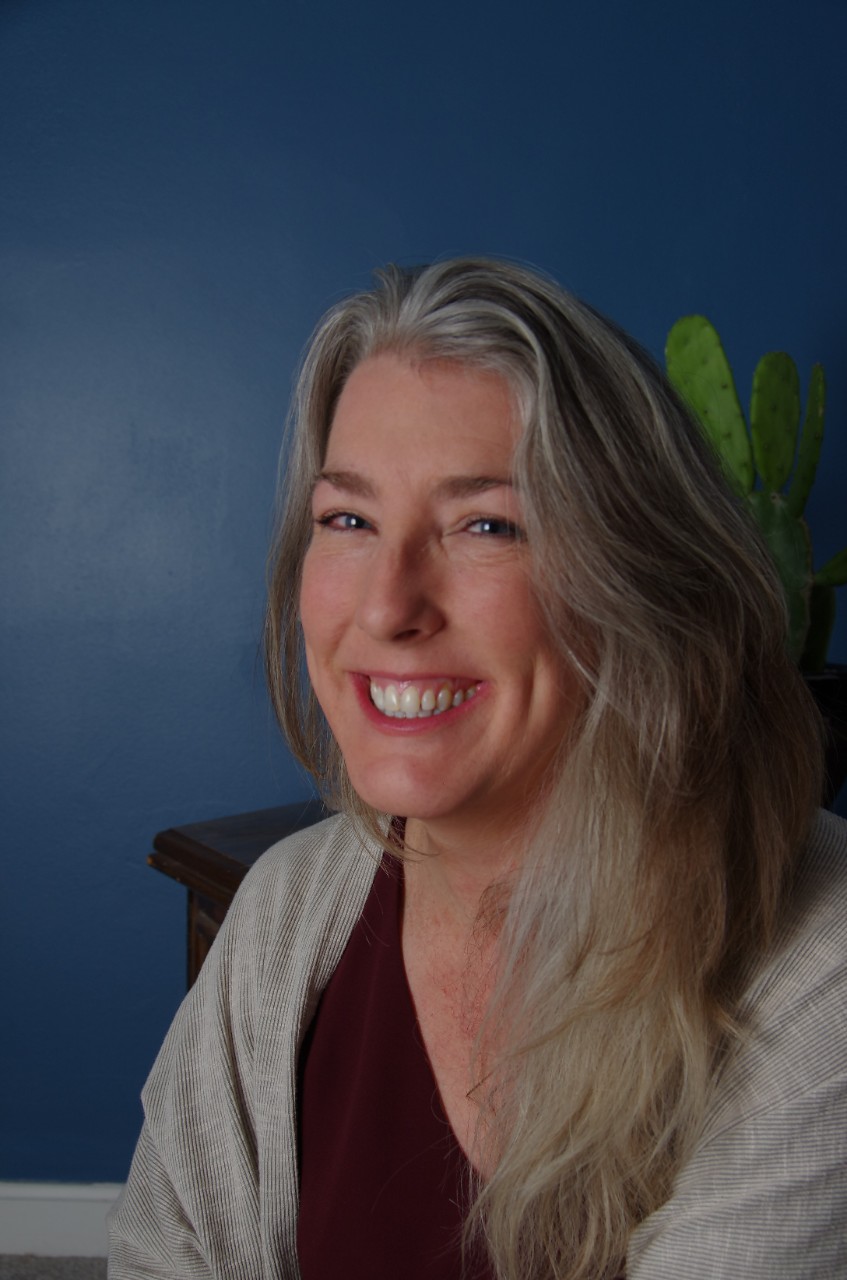
Amanda Tipkemper is an independent consultant with 20 years of experience in special education best practices, program design, non-profit management and strategic planning. Known for her compassionate approach and innovative solutions, Amanda has dedicated her career to empowering individuals and organizations to reach their full potential.
Community Stakeholder Track Bios

Thriving, Not Just Surviving: What We Really Need from Our Communities brings together a panel of self-advocates with intellectual and developmental disabilities to share their lived experiences of inclusion and accessibility. Through personal stories and candid dialogue, participants will highlight what authentic belonging looks like, where communities succeed, and what changes are still needed. This session invites attendees to listen, learn, and carry forward the voices of those most impacted by community inclusion efforts.
Learning Outcomes:
Recognize the difference between surface-level inclusion and meaningful community belonging, as described by self-advocates.
Identify practical examples of accessibility and inclusive practices that help people with intellectual and developmental disabilities thrive.
Commit to actionable steps for strengthening community support, guided directly by the priorities and voices of self-advocates.
1 DODD approved CPDU for County Board Member, EI Developmental Specialist/Supervisor, EI Service Coordinator/Supervisor, Investigative agent, Service and Support Administration, and Superintendent
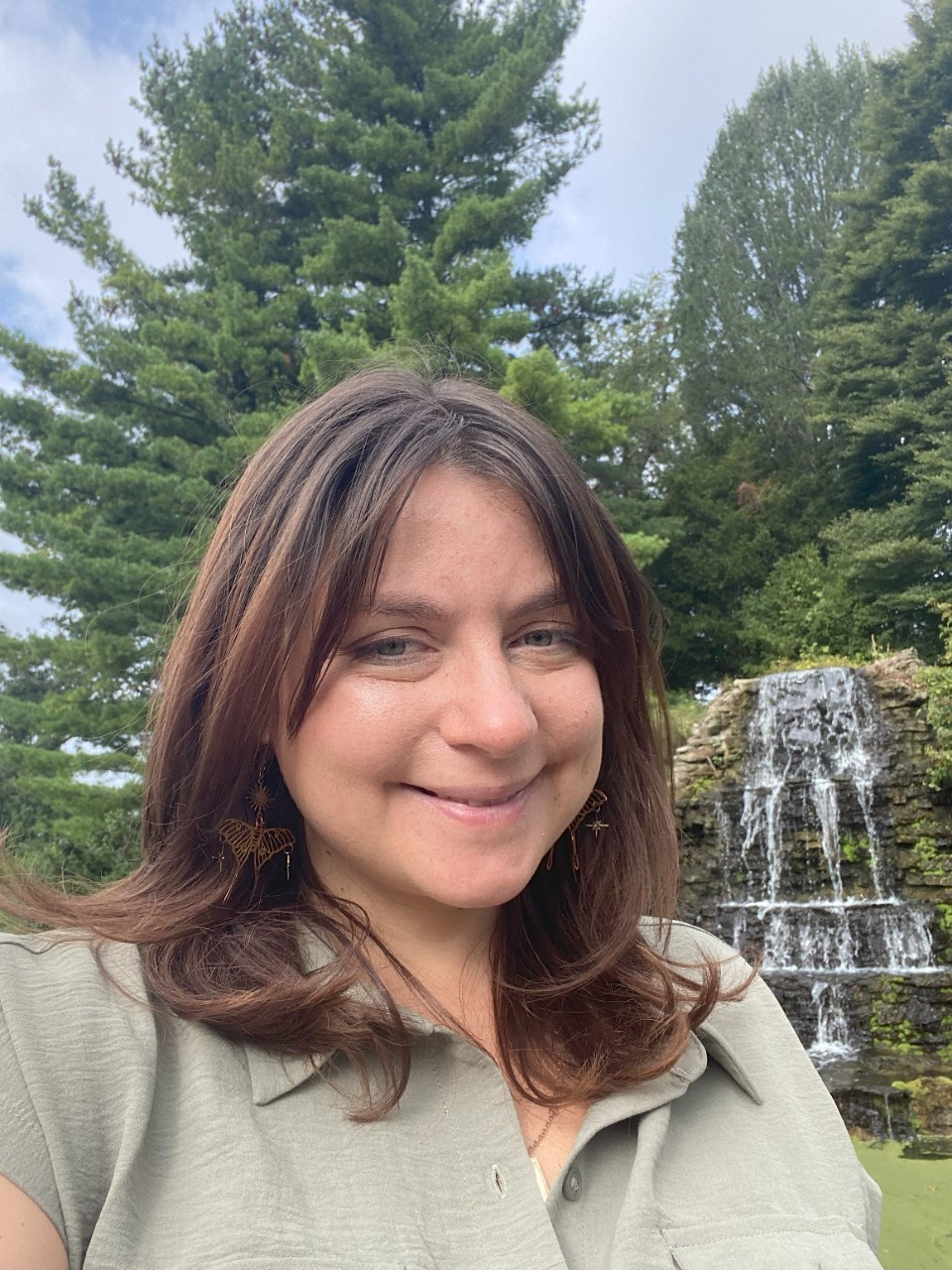
Sara Birkofer is the Assistant Director of Gallery and Accessibility Programming at the Cincinnati Art Museum. Sara graduated from the University of Cincinnati in 2010 with a BA in Art History and a Certificate in European Studies. She then acquired a certificate in Advanced French Language and History from La Sorbonne in Paris as well as Cambridge’s Certificate to teach English as a Foreign Language.
Sara has worked in multiple roles for ten years at her home museum, always seeking ways to welcome visitors. She continues her journey to inspire visitors of all ages, abilities, and demographics to connect with art through in-gallery and art making programming.
She is the founding chair of the Interdepartmental Staff Accessibility Committee and the Accessibility Community Advisory Council. Sara was awarded the 2018 Cincinnati Faces of Autism Community Partnership Award and the 2019 Kennedy Center LEAD Award for Emerging Leaders. She also spear-headed the way for the museum to be awarded the Disability Pride March Community Partner award in 2020, along with Art Possible's Community Partner Award in 2024. Sara has attended LEAD four times and most recently presented at the 2024 Conference in Seattle.
Sara serves on the Greater Cincinnati Alliance for Arts Educators executive comittee. She also serves on the board for the Northside Community Council and the Ohio Museums Association Accessibility Committee.
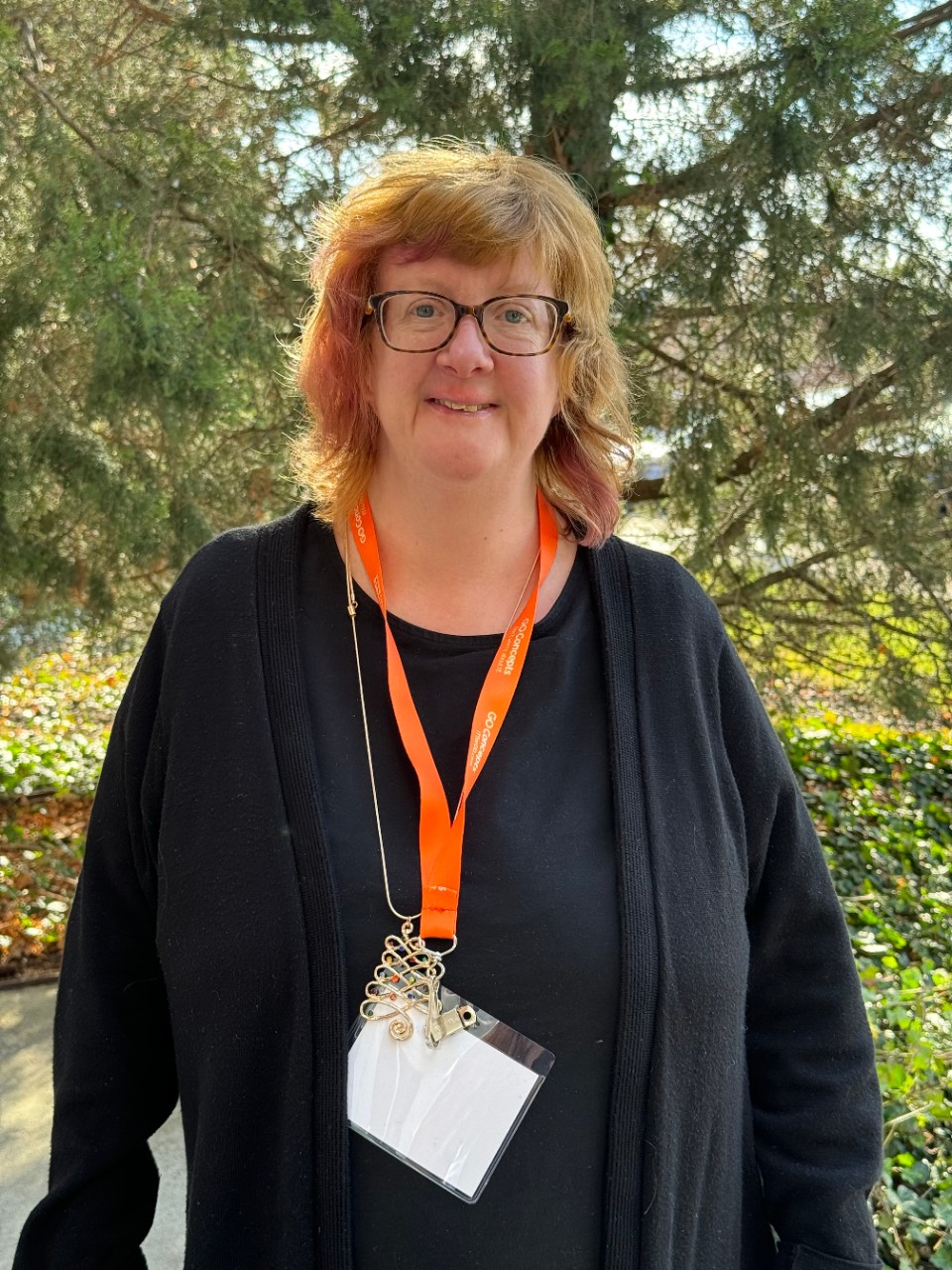
Diana Mairose is a long-time advocate and valued member of the Advocacy Support Team with Hamilton County Developmental Disabilities Services, where she has served since 2008. Based in Cincinnati, she is a nationally recognized speaker known for her work educating people with disabilities about their voting rights.
Diana helped remove outdated language like “handicapped” from local signage through City of Cincinnati and Hamilton County resolutions and worked with Senator Eric Kearney on Senate Bill 48, promoting the term “accessible.”
Her leadership roles include Past President of the Ohio Self Determination Association, Co-Director of Ohio Partners in Policymaking, and Region 5 Representative for Self-Advocates Becoming Empowered. She also serves on several boards advocating for housing and community inclusion.
Diana is passionate about civic engagement and often presents on the importance of voting, even sharing her own experience as a poll worker. She strives to help people with disabilities build meaningful roles in their communities.
My name is Matthew Brown. I was born 3 months premature and I have cerebral palsy. My family is large, four sisters and a brother. I graduated from Western Hills High School in 2000. I have been a disability advocate ever since 2003. In 2015, Michael Denlinger and I came up with the idea that eventually became DAN (Disability Advocates Network). Since 2023, I have been marketing director, head of PR, and head of outreach for DAN. My other interests include meteorology, psychology and figuring out how the mind works. I am a huge Reds, Bengals, and University of Cincinnati fan.
Dakotah Whitley is a 28-year-old self-advocate from Cincinnati, Ohio, and she has autism. Growing up, she faced severe bullying and misunderstanding from peers and teachers, but with her mom’s advocacy, she was able to attend the Heidt Center, where she thrived and gained life skills.
Inspired to give others a voice, Dakotah became involved in advocacy through Neighbors in Action, a group led by people with disabilities. In 2023, she co-founded the Disability Advocates Network (DAN) with friends, aiming to support individuals with developmental disabilities and their families in accessing community life and learning to engage with legislators. DAN continues to grow, and Dakotah is excited to see its impact expand.
Michael Denlinger II is a lifelong advocate from Cincinnati, Ohio. Born with Bruton's Agammaglobulinemia and diagnosed with cerebral palsy, he faced significant medical challenges early in life. Inspired by his late mother’s advocacy, Michael has devoted himself to empowering others with disabilities.
He has lived independently since 2003 and currently enjoys an accessible apartment that allows him to stay active in his community. Michael has served on the Ohio Developmental Disabilities Council since 2018, including three years as Chair, where he led efforts to improve transportation, increase representation of people with disabilities on boards, and support higher wages for direct support professionals.
Michael’s advocacy journey also includes co-managing a disability-led microenterprise, fighting for housing rights, and serving on the APSI board. In 2023, he co-founded the Disability Advocates Network (DAN) to help individuals with developmental disabilities engage in their communities and learn to speak with legislators.
This presentation explores practical ways to prepare and plan for adulthood with a focus on supporting individuals with intellectual and developmental disabilities in achieving meaningful and successful lives. Participants will learn how to envision positive futures, engage in productive and supportive conversations around sensitive topics, and apply concrete tools to guide planning for education, employment, housing, and community engagement.
Learning outcomes include:
Imagining success for adults with disabilities.
Helpful strategies to approach difficult conversations.
Concrete tools for future planning.
1 DODD approved CPDU for County Board Member, Investigative Agent, Service and Support Administration, and Superintendent
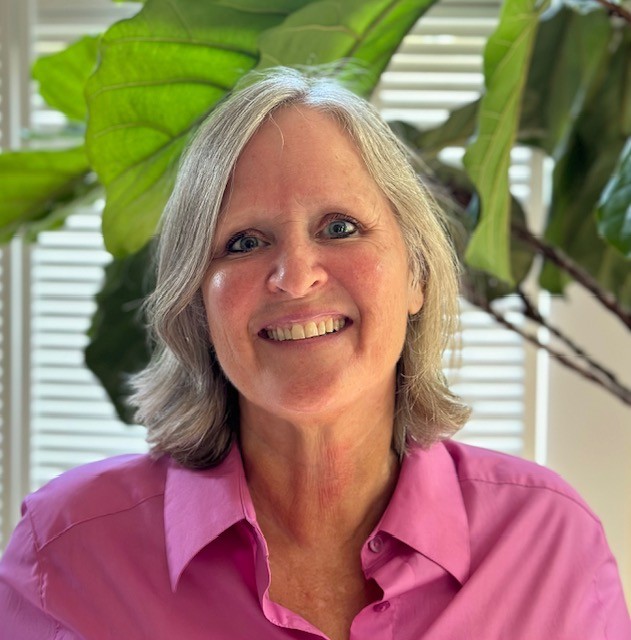
Alycia Champion is a dedicated mother of three adult children; her 26-year-old son Max is profoundly impacted by autism. Her personal experience has shaped a lifelong passion for supporting families of individuals with disabilities. With decades of hands-on insight and advocacy, she has become a trusted resource and guide for countless parents navigating the complexities of raising a child with special needs.
Professionally, she serves as a Parent Resource Coordinator in a Forest Hills School District, where she empowers families by connecting them with the tools, services, and support networks they need. Recognizing the gap in services as children transition to adulthood, she co-founded Maine Champion Coaching that extends this vital support into the adult world—bridging a critical gap for families seeking continued guidance beyond the school years.
Her unique combination of lived experience and professional expertise allows her to walk alongside families with empathy, insight, and unwavering commitment. Whether in schools or the broader community, she remains a tireless advocate for inclusion, dignity, and meaningful support for individuals with disabilities and those who love them.
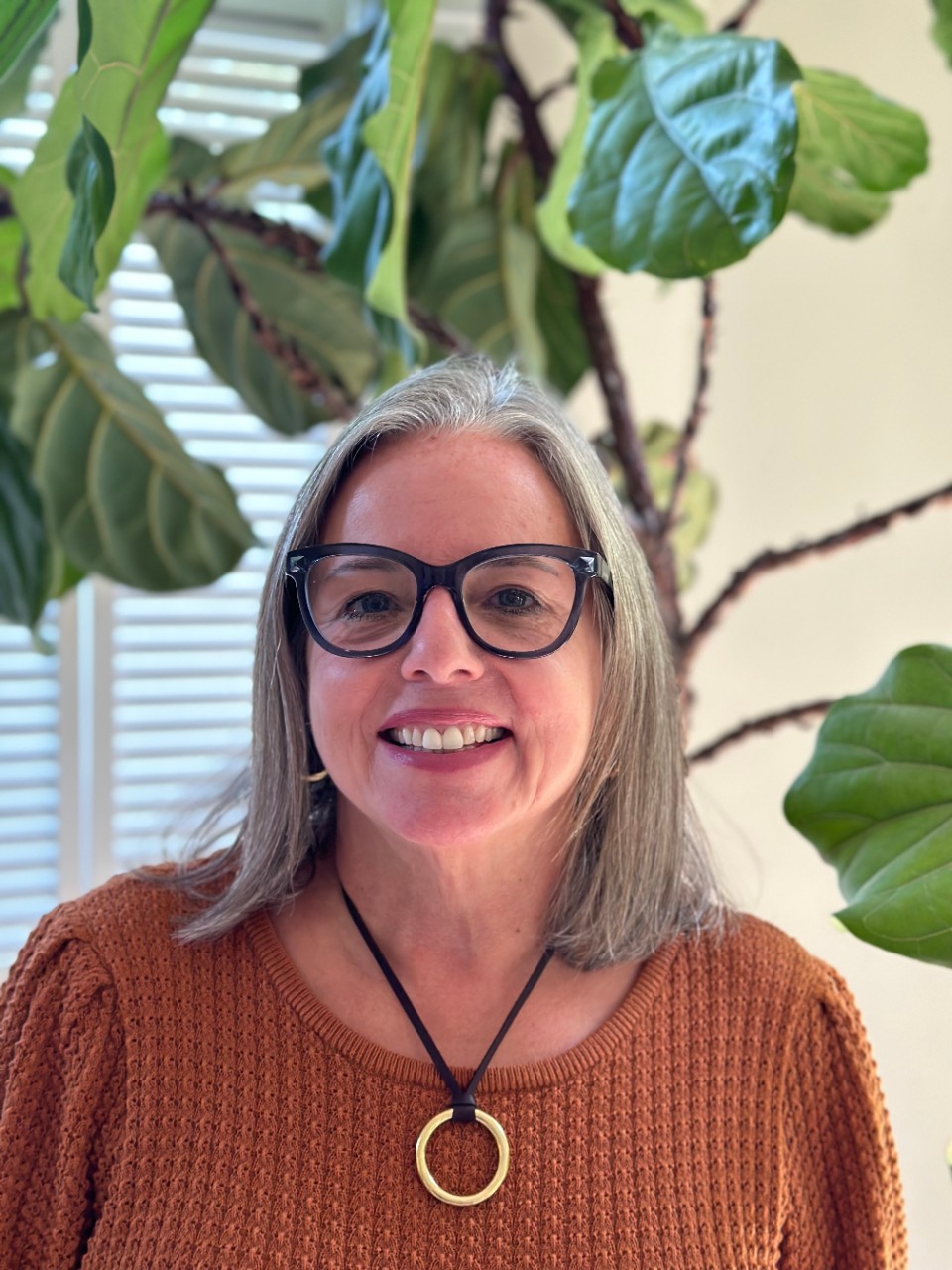
Janet Maine is a dedicated entrepreneur, retired parent mentor, and proud mother of Matthew, who has Down Syndrome. With a passion for advocacy, she has spent years supporting families navigating the challenges and joys of raising children with special needs. As the owner of her own business, Maine Champion Coaching, she brings a unique blend of compassion, resilience, and leadership to everything she does. Her journey as both a parent and mentor continues, as she remains committed to creating inclusive spaces and helping others find strength through community and shared experience.
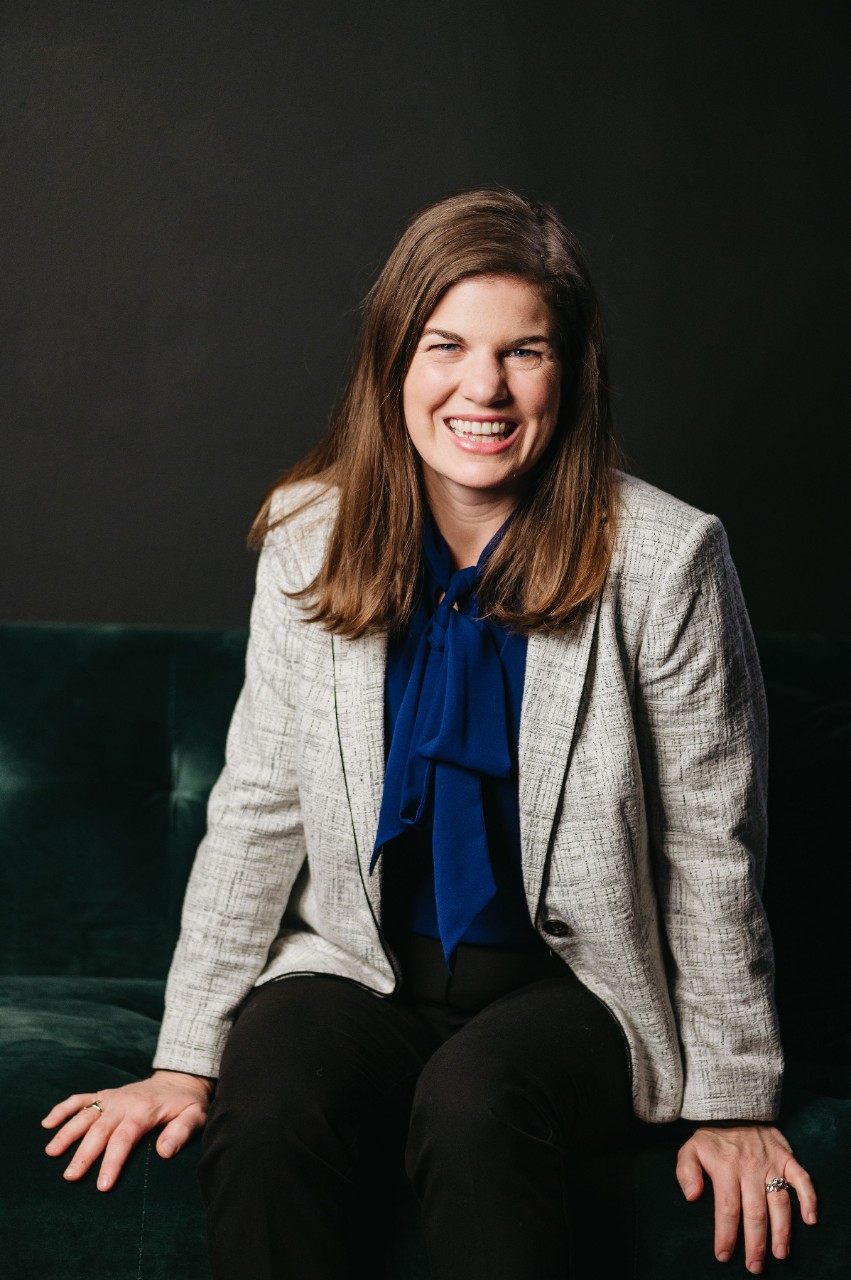
Emily Kendall is the co-founder and president of EmpowerMe Living, a real estate company focused on changing the housing landscape for adults with intellectual and developmental disabilities. Emily is a highly experienced marketing and sales professional with a twenty-year career focused on high-growth companies. She spent over ten years in commercial real estate, leading the sales team for a student housing company that went public, and then overseeing the marketing strategy for a multi-billion-dollar equity raise at a grocery-anchored shopping center company. She spent the last three years helping female-founded venture capital firms raise equity before co-founding EmpowerMe Living with her husband and partner, Mark. Emily is mom of three kids and stepmom of three. Emily graduated magna cum laude from Furman University with dual degrees in Business Administration and Spanish.
Over the course of our discussion we touch upon the many moving pieces that go into building a strong, comprehensive financial plan for special needs families. A wide range of topics will be covered throughout our discussion from ensuring you have the correct specialists on your team, to discussing how special needs trusts and ABLE accounts fit into the planning picture. We will also touch upon the importance of government benefits and how those benefits fit into the long-term plans as well. The presentation is an overview of comprehensive financial advising for special needs families and attendees will walk away with a clear picture of where to start and what goes into pulling these types of plans together.
1 DODD approved CPDU for County Board Member, Investigative Agent, Service and Support Administration, and Superintendent
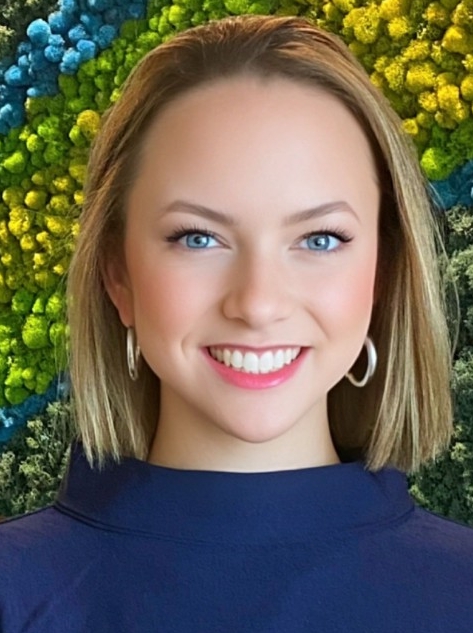
Stephanie Cole, M.Ed, is a Financial Advisor with Northwestern Mutual. Her and her team specialize in guiding families with special needs dependents through the complexities of financial planning. With a background in special education and over a decade of experience supporting diverse learners, Stephanie brings both professional expertise and personal compassion to her work. She partners with families to create comprehensive strategies that balance current care needs with long-term security, including special needs trusts, government benefits, and legacy planning. Her mission is to help families gain clarity, confidence, and peace of mind in building a financial future that supports their loved one’s lifelong well-being.
Empower Talent, Strengthen Workplace Results is designed to help employers, educators, and workforce partners understand the full spectrum of work-based learning opportunities and how they can benefit both organizations and individuals with intellectual and developmental disabilities (IDD). Participants will learn the distinctions between job-shadowing, internships, and employment, explore the importance of accessible technical training for students, and gain practical strategies to create inclusive, sustainable workplace environments where all talent can thrive.
Learning Outcomes
By the end of this training, participants will be able to:
Differentiate and understand the benefits and evidence-based practices that make job-shadowing, internships, and employment successful and when each of these activities is most appropriate.
Explain the importance of providing accessible technical training to prepare students with IDD for workplace success.
Apply strategies to build sustainable, inclusive workplace practices that strengthen results for both employees and employers.
Understand the resources and mutually beneficial work-based learning opportunities available when partnering with the UC IDD Education Center.
1 DODD approved CPDU for County Board Member, Service and Support Administration, and Superintendent
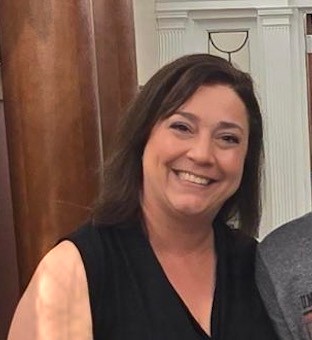
Cadi Dart brings expertise in transition services to the IDD Education Center team. A decade ago, she collaborated with colleagues, community partners, and local school districts to pilot the CEES program, establishing a high-quality transition program for high school students with disabilities at the University of Cincinnati. After serving as the Director of CEES for 10 years, Cadi now holds the position of Associate Director of Employment Services. In this role, she focuses exclusively on expanding and enhancing employment services within the IDD Education Center. Throughout her tenure, Cadi has led numerous initiatives aimed at increasing access to technical training for young adults with intellectual and developmental disabilities. Her strong emphasis on the development of STEM-based training platforms has significantly transformed the center’s employment services. Cadi remains committed to advancing workforce development initiatives that create meaningful employment opportunities for the individuals served by the center. Outside of work, Cadi enjoys spending time with her husband, Garrick, and their two sons, Noah and Julian, in Clarksville, Ohio. An avid traveler and adventurer, she seizes every opportunity to explore the world and share its wonders with her children.
This session explores the intersection of autism and mental health, offering practical tools and insights for professionals and caregivers. Participants will learn ten key areas to assess when supporting individuals on the autism spectrum, gain an understanding of the emerging concept of Autism-Informed Mental Health, and examine strategies for distinguishing autism from other mental health disorders through differential diagnosis.
Learning outcomes include:
Participants will learn 10 things to assess when working with a person on the autism spectrum.
Participants will learn about the concept of Autism-Informed Mental Health.
Participants will learn about differential diagnosis of autism and different mental health disorders.
1 DODD approved CPDU for County Board Member, EI Developmental Specialist/Supervisor, EI Service Coordinator/Supervisor, Investigative Agent, Service and Support Administration, and Superintendent
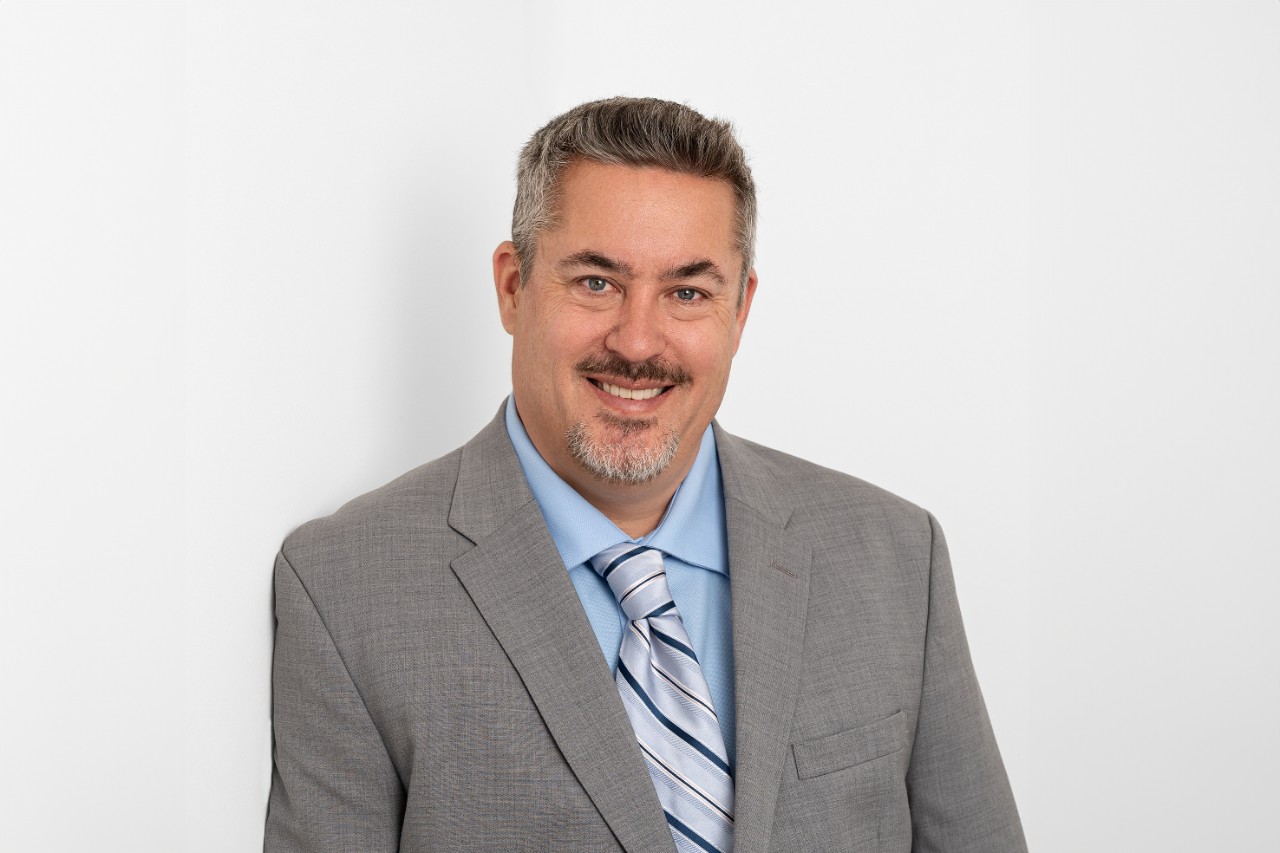
Owner and lead consultant of Tom Galperin Consulting, Tom has over a quarter century of experience working in the Autism and Developmental Disability field. He has worked with persons on the Spectrum from toddlers to retirement age, from Moderate Intellectual Disability to Genius-level IQ, and in various settings including Supported Employment, Behavioral Crisis Units, Home and Community Supports, and University Programs. Mr. Galperin has worked with professionals in the field from across the United States and from around the globe, including Europe, Asia, and South America. He is a Licensed Independent Social Worker with a Supervision designation (LISW-S) in the State of Ohio, a Licensed Clinical Social Worker (LCSW) in the State of Kentucky, and is a TEACCH Certified Practitioner.
This presentation provides an overview of the early signs of autism and the critical role of timely referrals for evaluation. Participants will learn about Ohio’s early intervention programs and supports, as well as common therapies and resources that can empower families to navigate services with confidence. The session is designed to equip professionals and caregivers with the knowledge and tools needed to foster positive developmental outcomes for young children with autism.
Learning outcomes include:
Describing the early signs of autism and when to refer for evaluation.
Describe Ohio’s early intervention programs and supports
Identify common therapies and resources to support families
1 DODD approved CPDU for County Board Member, EI Developmental Specialist/Supervisor, EI Service Coordinator/Supervisor, Service and Support Administration, and Superintendent
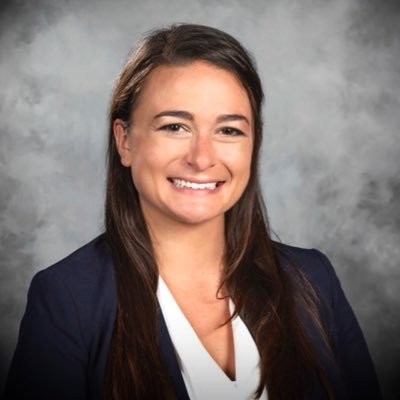
Dr. Sarah Rose Vitale-Santana is a neurodevelopmental and behavioral psychologist within the Department of Developmental and Behavioral Pediatrics at Cincinnati Children’s Hospital Medical Center. She obtained her undergraduate degree in Psychology with a minor in Statistics from Grand Valley State University in Grand Rapids, MI and her MS and PsyD from Mercer University’s College of Health Professions in Atlanta, GA. She completed her pre-doctoral internship at Johns Hopkins All Children’s Hospital in St. Petersburg, Florida before transitioning to her fellowship at CCHMC. In her current role, she provides diagnostic evaluations for children ages 0-18 to assess for neurodevelopmental conditions such as autism, developmental/intellectual disabilities, ADHD, etc., in addition to providing treatment such as Parent-Child interaction therapy (PCIT) and general parent behavior management training to address disruptive/challenging behaviors and behavioral feeding therapy to address restrictive eating habits/inappropriate mealtime behaviors.
Lunch and Learn Presentations
The Timothy Freeman, MD, Center for Developmental Disabilities offers expert care and a full spectrum of specialized services for adults with developmental disabilities. Learn about all the services available at the Freeman Center and about the new facility that just opened.
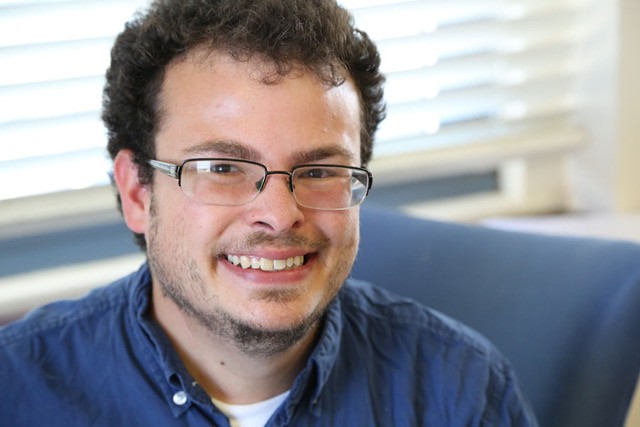
Jason Harris is an advocate, consultant, and founder of Jason’s Connection, a platform that connects more than 300,000 people through disability culture, resources, and stories. As an Autistic self-advocate, he brings both personal experience and academic expertise to his work.
He holds a Master’s degree in Cultural Foundations of Education and a Certificate of Advanced Studies in Disability Studies from Syracuse University. Jason has worked with the Burton Blatt Institute at Syracuse University College of Law and served as Director of Strategic Operations at LADD, a service agency in Cincinnati, OH. From 2021–2022, he was a LEND Disability Advocacy Fellow at the University of Cincinnati.
Today, Jason continues his work in the field as an independent consultant, helping organizations and communities strengthen inclusion, accessibility, and disability representation.
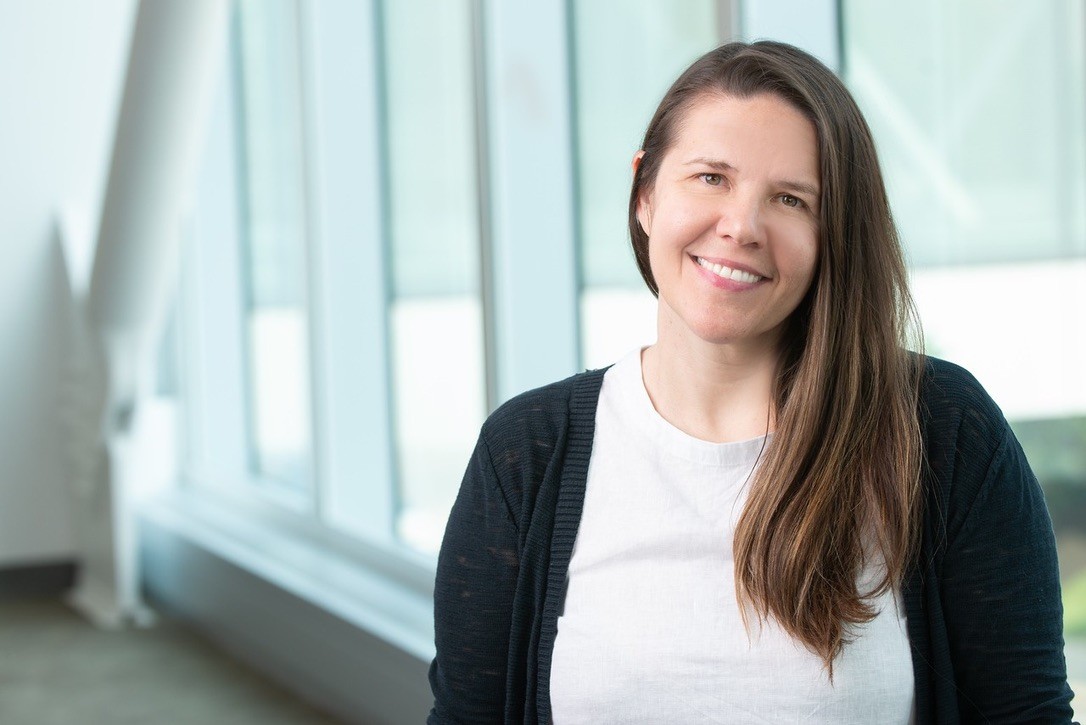
My name is Kristin, and I am the community navigator at the Freeman Center. My educational background is diverse, but my personal interests have generally focused on health. I received my associate's degree in health and Wellness from Cincinnati State in 2007 and multiple unused bachelor’s degrees from Northern Kentucky University in the following years (athletic training, anthropology, and international studies). During this time in my life, I had worked as a direct support professional with a local organization supporting adults with developmental disabilities. After over a decade in this role, I envisioned, built, and coordinated one of the first health and wellness programs specifically focused on adults with disabilities. I joined the Freeman Center in July of 2023, and at this point, I had worked with the disability community in Cincinnati for nearly 20 years. My experience has proven quite beneficial for sharing community resources. I enjoy any opportunity to interact with our patients, and I strive to connect everyone with any supports they need beyond the medical system. Outside of work I keep busy spending time with my family and friends, traveling, and being outside (if it's not too cold).
Hear how Beyond Neurodiversity helps organizations create welcoming and inclusive spaces for the neurodivergent community, all while building bridges for understanding, acceptance, and support of any individual – regardless of their neurodivergent status.

Samantha Kelly is a passionate advocate, coach, and the founder of Beyond Neurodiversity. As a late-diagnosed ADHDer, Samantha brings both lived experience and deep empathy to her work, helping organizations create more equitable, accessible, and neurodivergent-affirming spaces. Her own diagnosis sparked a mission: to make sure others feel seen, valued, and supported in the workplace and beyond. Today, Samantha blends storytelling, research, and humor to shift how we think about brains, behaviors, and belonging. She’s spoken to HR leaders, justice professionals, and educators across the country — and she’s just getting started.
The Ohio Coalition for the Education of Children with Disabilities (OCECD) is a statewide nonprofit organization that serves families of infants, toddlers, children and youth with disabilities in Ohio, educators and agencies who provide services to them. Learn about all of the trainings, resources and support OCECD provides.
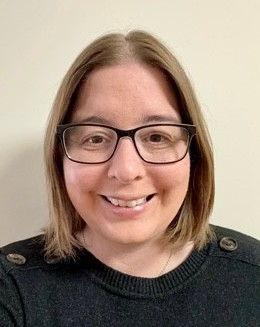
Maureen began work with OCECD in October of 2024. She is the Information Specialist/Trainer for the Southwest Office, assisting families in Butler, Hamilton, and Preble counties. Maureen graduated from Miami University of Ohio with a Bachelor of Philosophy & a Minor in Special Education. She went on to get her Master of Science in Family Students and Human Services through Kansas State University. Maureen has previously worked with military families through Child Youth School Services (CYSS programming), as well as worked professionally for Miami University (Oxford).
Maureen has three children. Her eldest has apraxia and uses a communication device as her preferred method of communication. She also has autism, ADHD, anxiety, and a global delay. Maureen was one of the founding families for a non-profit parent support organization for her local school district which supports children with disabilities and/or learning differences and those who are on the journey with them. She has been very active as a volunteer, working alongside families, her community, and the school to promote a culture of inclusion for all children in her district. Maureen also volunteers as a Girl Scout troop leader and has always been active in working with children and families throughout her life. She looks forward to working with families in her region to continue the mission of OCECD.